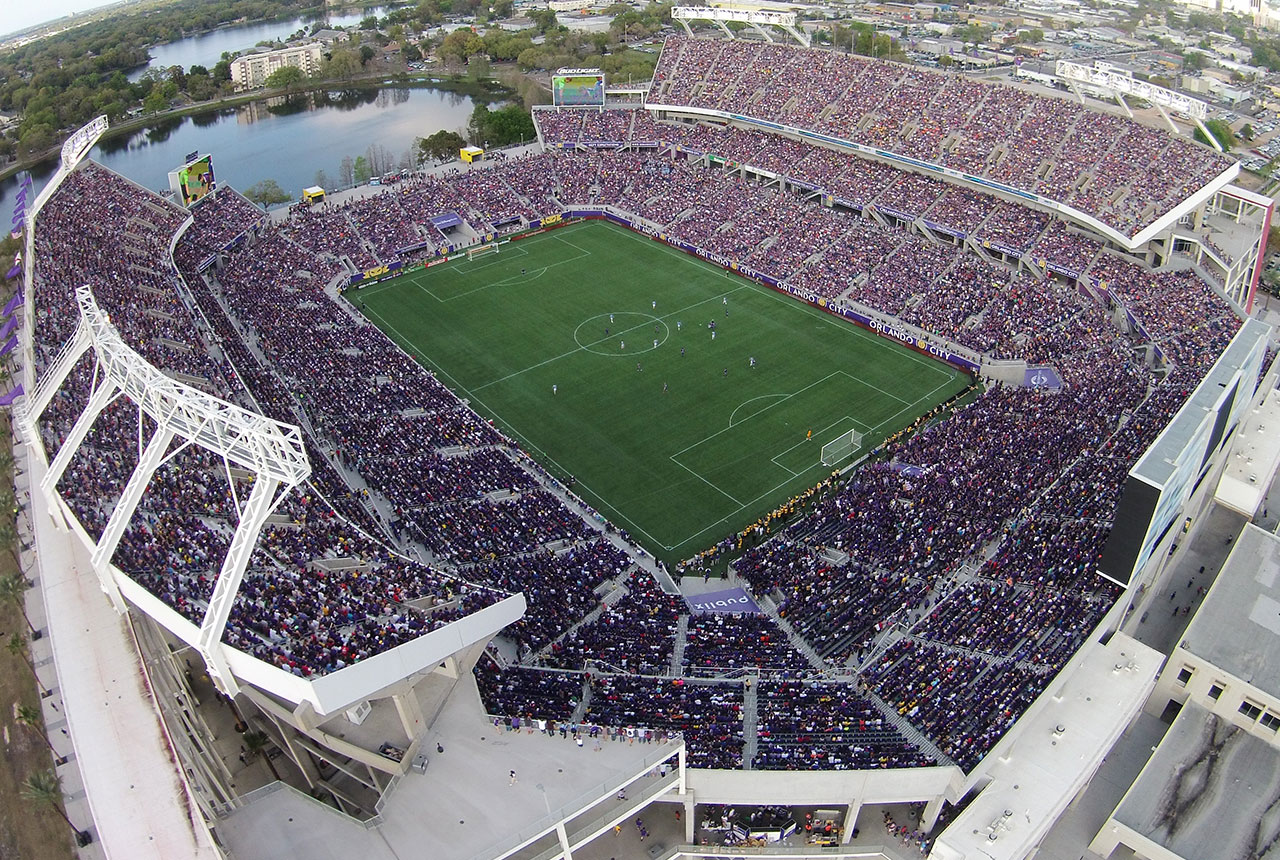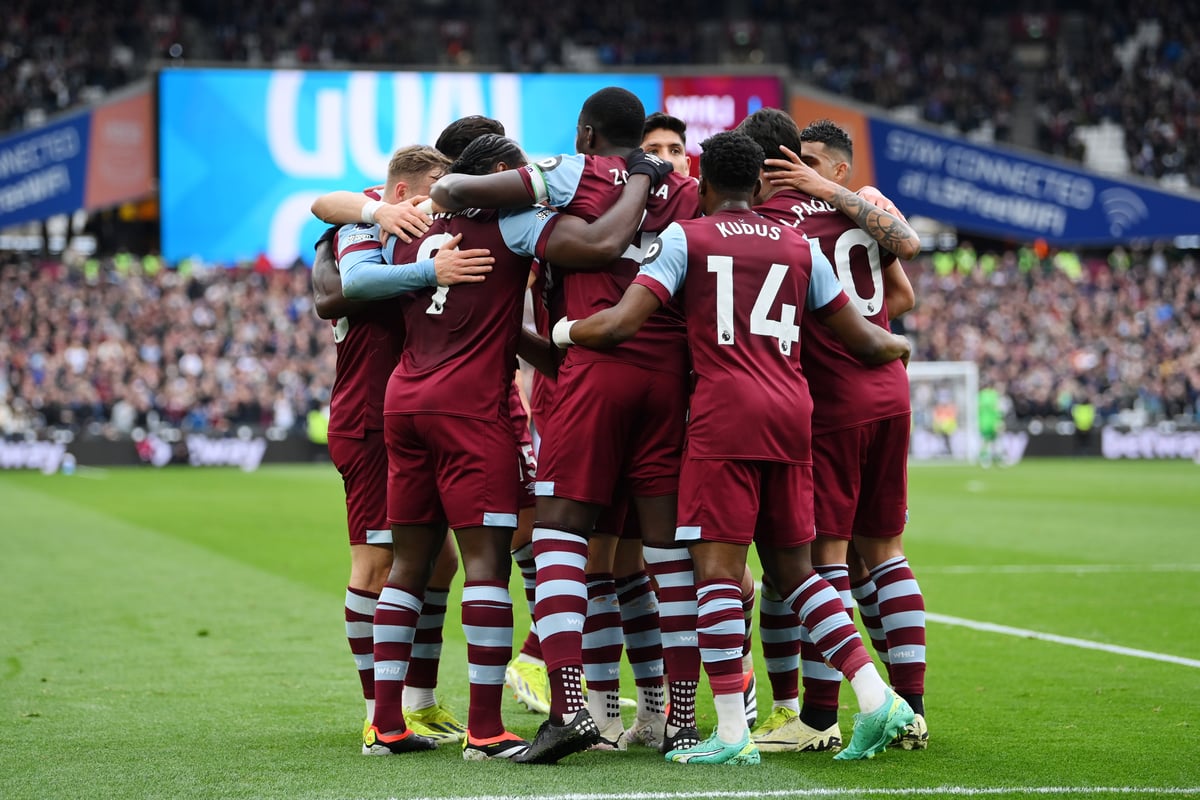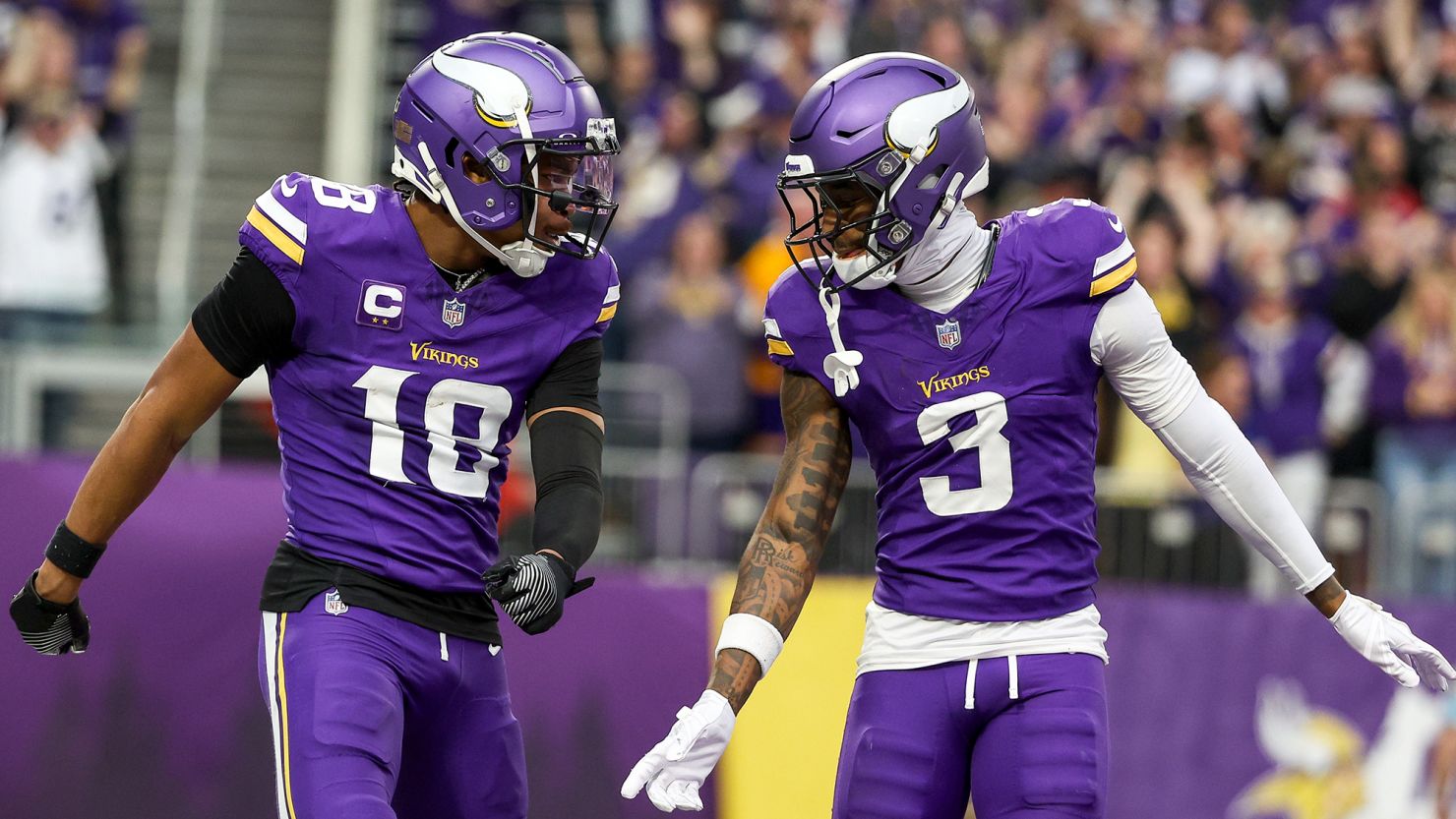Credit: Original reporting by Sportcal
In 2025, the eyes of the global football ecosystem will turn to the United States, as FIFA’s reimagined 32-team Club World Cup debuts as a major-scale event — the first of its kind, and the most expansive version of the tournament to date.
For Orlando, one of 11 US cities selected to host matches, this is not just another event on the calendar. It’s a strategic moment — a springboard into becoming one of North America’s most credible, versatile, and high-impact sports destinations.
Orlando: The Only City With Two Club World Cup Venues
Orlando will stage six games across two stadiums — the only city with that distinction:
- Camping World Stadium (60,219 capacity) will host key knockout matches including a round-of-16 and a quarterfinal.
- Inter&Co Stadium, home of Orlando City SC (25,500 capacity), will share the city’s hosting duties.
While Orlando was not selected as a host city for the 2026 FIFA World Cup, this tournament offers a unique window to show global rights holders, federations, and sponsors what Orlando is truly capable of.
From Theme Parks to Premier Pitches: The City’s Sports-Tourism Blueprint
According to Jason Siegel, President & CEO of the Greater Orlando Sports Commission, the city’s goal is clear:
“This is an extraordinary opportunity for Orlando to solidify its standing as a premier global sports tourism destination.”
75.3 million visitors in 2024.
200,000 daily guests across theme parks alone.
Daily foot traffic equivalent to a Super Bowl — every single day.
Orlando’s value proposition blends:
- Proven hosting infrastructure
- International tourism magnetism
- Elite sports facilities
- Built-in visitor economy
And critically, the Club World Cup fits perfectly into that ecosystem.
The Economic & Legacy Payoff
Orlando is approaching the Club World Cup with a dual lens:
- Short-term tourism and economic activity from thousands of traveling fans.
- Long-term credibility for future hosting bids, including:
- 2031 FIFA Women’s World Cup
- Rugby World Cup matches
- Premier League and global friendlies
- Training base for 2026 World Cup teams
- LA28 Olympic Camps
The city’s experience, ranging from Copa América fixtures to Premier League tours, has built both a logistical muscle and a narrative arc for international governing bodies.
Why Orlando’s Model Works: Lessons for Emerging Host Cities
At 365247 Consultancy, we’ve identified six key strategies from Orlando’s approach that other cities should replicate:
| Pillar | Description |
|---|---|
| Dual-Venue Hosting | Increases matchday density, maximizes city branding, and allows better ticket segmentation. |
| Entertainment Integration | Combining sport + leisure boosts stay length and average spend per visitor. |
| Legacy-Driven Vision | Past events inform future bids; Orlando connects 1994 to 2025 to 2031 and beyond. |
| Government-Private Synergy | Strong alignment between local government, sports stakeholders, and tourism boards. |
| Women’s Sport Focus | Lower cost of entry, higher growth upside — strategic for inclusion and brand equity. |
| Community Anchoring | From NWSL’s Orlando Pride to local championships, year-round grassroots activation matters. |
What Comes Next?
While hosting major global events always comes with challenges — from stakeholder alignment to player welfare considerations — Orlando’s collaborative model offers a clear framework for success. As Jason Siegel notes:
“The presence of Walt Disney World and Universal gives fans a reason to extend their stay. But it’s the city’s infrastructure and vision that convinces governing bodies we can deliver world-class experiences.”
Orlando may not be on the 2026 FIFA World Cup map — but in 2025, it plans to prove why that might’ve been an oversight.
Join the 365247 Community here.
IMAGE: OrlandoCitySC


